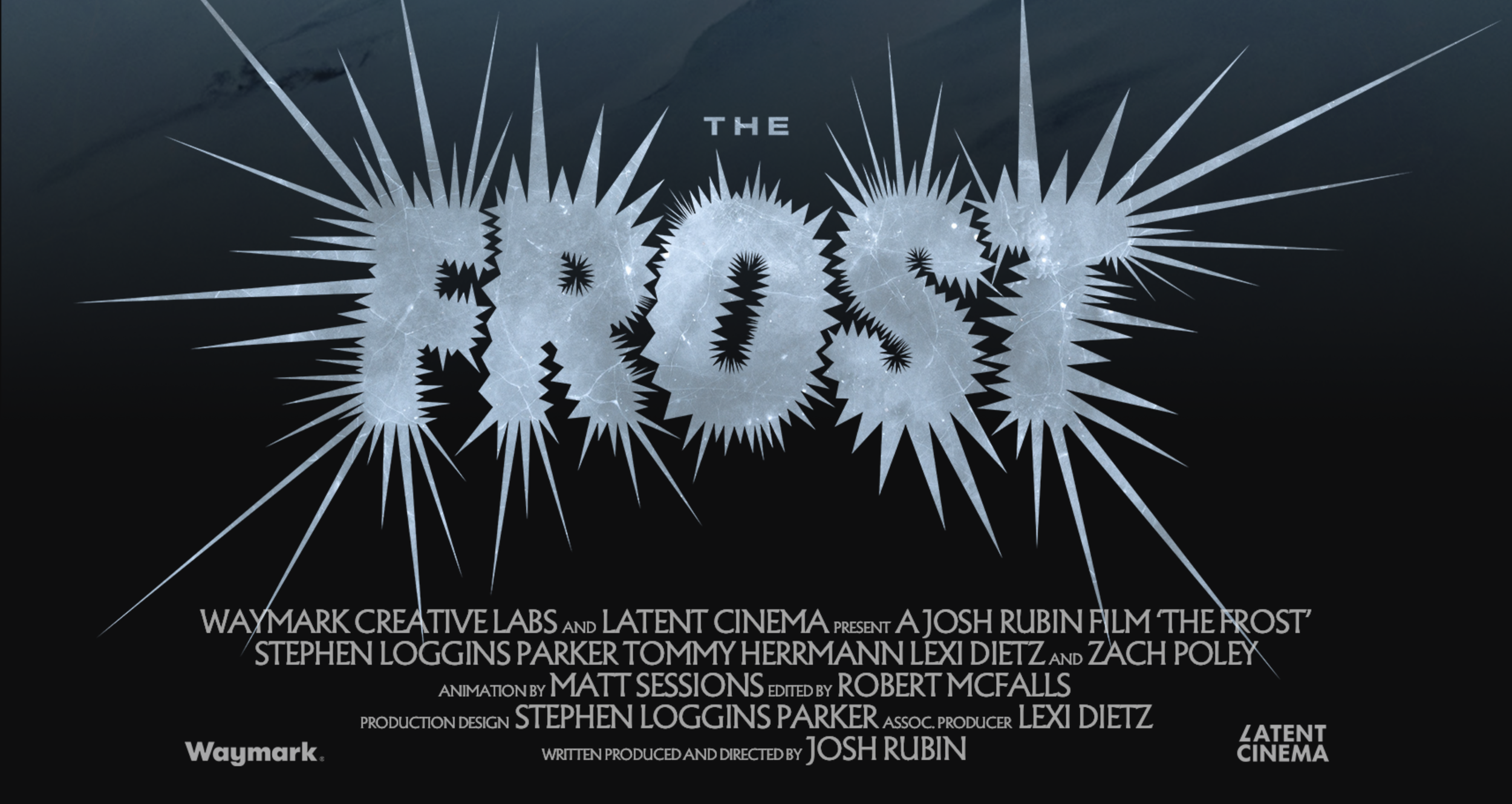Our Future is on Thin Ice
As artificial intelligence (AI) makes its way into the world of filmmaking, it brings with it a wave of excitement and a touch of apprehension. AI's role spans across various stages of the filmmaking process, from crafting scripts to refining post-production elements, and has even led to the creation of the world's first feature-length AI-generated film. This groundbreaking achievement highlights the potential of AI to redefine the industry, offering both innovative possibilities and complex challenges.
The integration of AI in filmmaking manifests in numerous ways:
Crafting Stories and Characters: AI algorithms can contribute to the development of storylines, dialogues, and character profiles, providing filmmakers with fresh perspectives and ideas. This collaboration between humans and AI can lead to unique narratives that push the boundaries of creativity.
Streamlining Production Processes: AI can automate several aspects of pre-production and production, such as location scouting, scheduling, and budgeting. During filming, AI can assist with tasks like camera work and lighting, ensuring greater precision and efficiency while allowing filmmakers to focus on their creative vision.
Enhancing Post-production Magic: AI's impact on post-production is significant, with applications ranging from editing to visual effects. By automating repetitive tasks and leveraging AI-powered motion capture and CGI, the technology can reduce editing time and enhance visual effects, bringing filmmakers' creative visions to life.
However, the introduction of AI in filmmaking also presents certain challenges:
Concerns for Industry Professionals: Automation of various filmmaking tasks raises concerns about job security for professionals in creative and technical fields. It's essential to address these concerns and identify ways to ensure that AI augments rather than replaces human expertise.
Balancing Technology and Artistry: The use of AI in the creative process prompts questions about originality, authenticity, and the role of human creativity in art. Striking a balance between leveraging AI's capabilities and preserving the human touch in storytelling is crucial for maintaining the emotional resonance and relatability of films.
Preserving Human Connection: Over-reliance on AI could result in films that lack the depth and personal touch that stem from human experiences. It's important to prioritize the emotional connection and storytelling that make films resonate with audiences, even as AI-driven processes become more prevalent.
The emergence of AI in filmmaking signifies a turning point for the industry, offering the potential to transform how films are made while also posing challenges to conventional notions of creativity and authenticity. As the industry adapts to this evolving landscape, it's essential to thoughtfully consider the implications of AI integration and ensure that the essence of human-led artistry is preserved. By finding the right balance, the future of filmmaking can harness the power of AI while upholding the values that make storytelling a deeply human endeavor.
